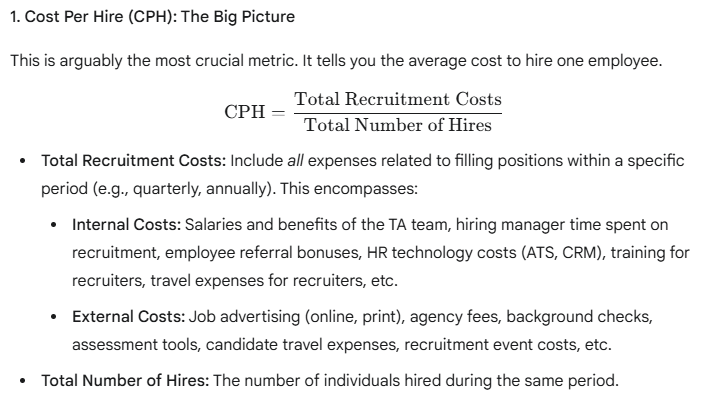Employee Coaching vs. Employee Mentoring: Understanding the Key Differences for Growth
- AZ Occupancy Solutions

- Apr 14
- 3 min read

In today's dynamic work environment, fostering employee development is paramount for organizational success. Two powerful strategies often employed are employee coaching and employee mentoring. While both aim to support growth and development, they differ significantly in their focus, structure, and approach.
Understanding these distinctions is crucial for HR professionals, managers, and employees alike to leverage the right approach for optimal results.
Employee Coaching: Focused Performance Enhancement
Think of employee coaching as a targeted intervention aimed at improving specific skills, behaviors, or performance outcomes. It's often driven by clear objectives and a defined timeframe.
Key Characteristics of Employee Coaching:
Focus on Specific Goals: Coaching typically centers around achieving particular performance targets, developing specific competencies, or addressing identified weaknesses. Examples include improving presentation skills, enhancing sales techniques, or managing conflict more effectively.
Short-Term and Structured: Coaching engagements are often time-bound, with a clear beginning, middle, and end. Sessions are usually structured, following a framework or model to guide the process.
Driven by the Coach: While the coachee plays an active role, the coach typically takes the lead in guiding the process, asking powerful questions, providing feedback, and suggesting strategies.
Emphasis on Skill Development and Action Planning: Coaching focuses on identifying skill gaps, developing action plans, and holding the coachee accountable for implementing those plans.
Often Performance-Related: Coaching is frequently linked to performance reviews, development plans, or specific organizational initiatives.
Can be Internal or External: Organizations may utilize internal managers or HR professionals as coaches, or they may bring in external professional coaches with specialized expertise.
Employee Mentoring: Nurturing Holistic Development
Employee mentoring, on the other hand, takes a broader and more long-term perspective. It focuses on the overall growth and development of the mentee, encompassing career progression, personal development, and navigating organizational culture.
Key Characteristics of Employee Mentoring:
Focus on Long-Term Growth: Mentoring aims to support the mentee's overall career journey, providing guidance, support, and wisdom based on the mentor's experience.
Long-Term and Less Formal: Mentoring relationships often evolve organically and can last for an extended period. While there might be some structure, it's generally less formal than coaching.
Driven by the Mentee's Needs: The mentee typically drives the agenda, bringing topics and challenges they want to discuss. The mentor acts as a sounding board, advisor, and role model.
Emphasis on Sharing Experience and Wisdom: Mentors share their experiences, insights, and lessons learned to help the mentee navigate challenges, make informed decisions, and build confidence.
Broader Scope: Mentoring can encompass a wide range of topics beyond specific job skills, including career planning, work-life balance, organizational politics, and personal growth.
Typically Internal: Mentors are usually more experienced individuals within the organization who volunteer or are selected to guide less experienced colleagues.
When to Use Which Approach:
Choose Coaching when:
There's a specific performance issue to address.
An employee needs to develop a particular skill.
There are clear, measurable goals to achieve.
A short-term intervention is required.
Choose Mentoring when:
An employee is looking for long-term career guidance.
An individual needs support navigating organizational culture.
Developing leadership potential is a priority.
Building confidence and self-awareness is key.
The Power of Both:
It's important to recognize that coaching and mentoring are not mutually exclusive. In fact, a comprehensive employee development strategy may incorporate both approaches. A manager might coach an employee on a specific project while also serving as a mentor for their long-term career growth.
By understanding the distinct characteristics and applications of employee coaching and mentoring, organizations can create more effective development programs that empower their employees to reach their full potential, ultimately contributing to a more engaged and successful workforce.

コメント